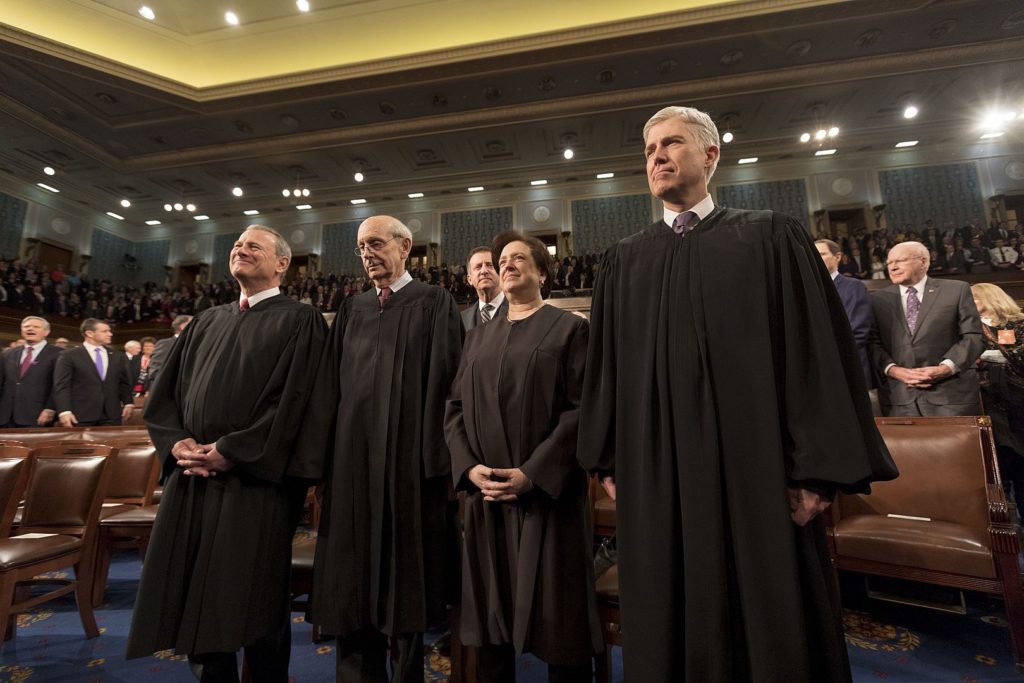
Published January 27, 2022
News that Supreme Court Justice Stephen G. Breyer will retire has predictably sparked discussion of a bitter — if likely futile — battle over the Senate confirmation of his successor. The dreary inevitability of such fights should cause everyone to reconsider their proximate cause: the dramatically expanded role the court plays in our democracy today.
Control of the court has not always been a recurring political controversy. The Supreme Court did not notably interfere in political disputes for most of the pre-Civil War era. The one time it did — the infamous Dred Scottdecision — predictably galvanized political opposition against the eternal expansion of legal slavery. The Republican Party’s victory in 1860, followed by the Union’s triumph in the Civil War, led to Congress overturning the heinous ruling by adopting the Constitution’s Reconstruction Amendments. In other words, Congress settled through political means what the court tried to settle on its own accord.
Starting in the 1950s under Chief Justice Earl Warren, the Supreme Court has inserted itself into a host of political controversies. Some of this jurisprudence has become relatively uncontroversial: There is no political movement to overturn the landmark cases of Gideon v. Wainwright or Miranda v. Arizona, for example, even though those rulings inserted the courts into the daily operation of police work and law enforcement to an unprecedented degree. But other portions of the court’s actions are highly controversial and have formed some of the starkest dividing lines between our two major political parties.
Click here to read the rest of this piece at the Washington Post‘s website.
Henry Olsen is a Washington Post columnist and a senior fellow at the Ethics and Public Policy Center.
Henry Olsen, a senior fellow at the Ethics and Public Policy Center, studies and provides commentary on American politics. His work focuses on how America’s political order is being upended by populist challenges, from the left and the right. He also studies populism’s impact in other democracies in the developed world.








